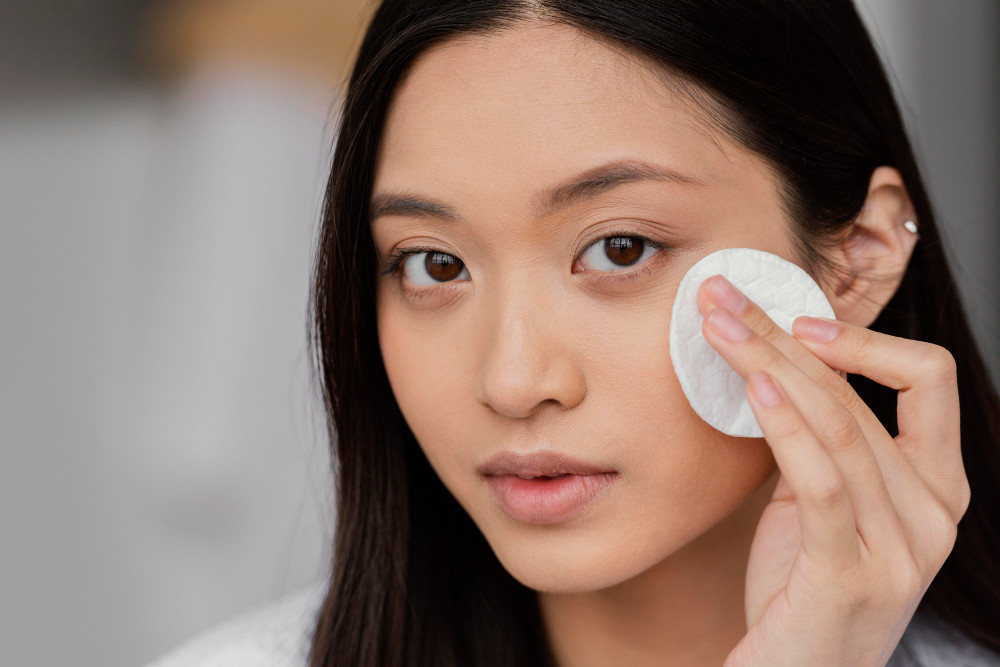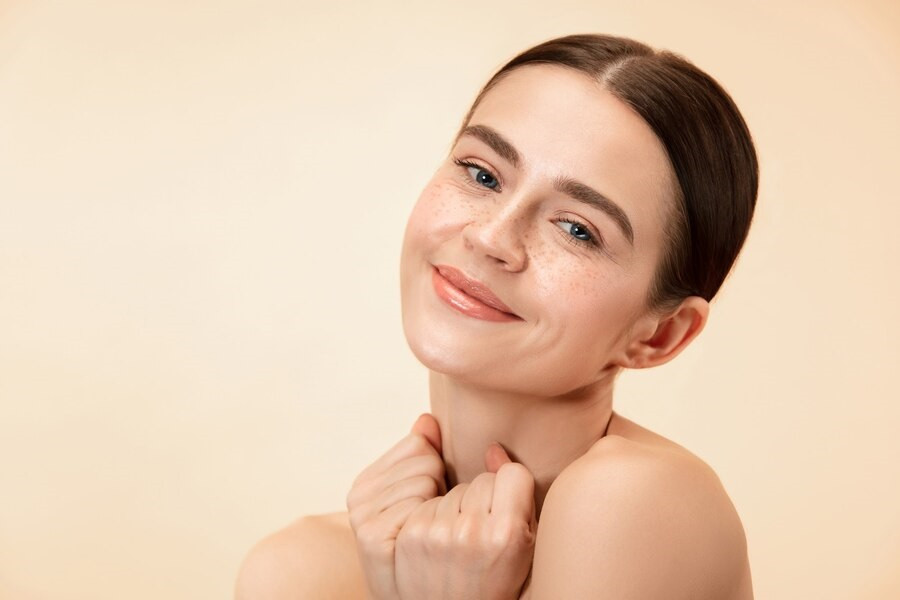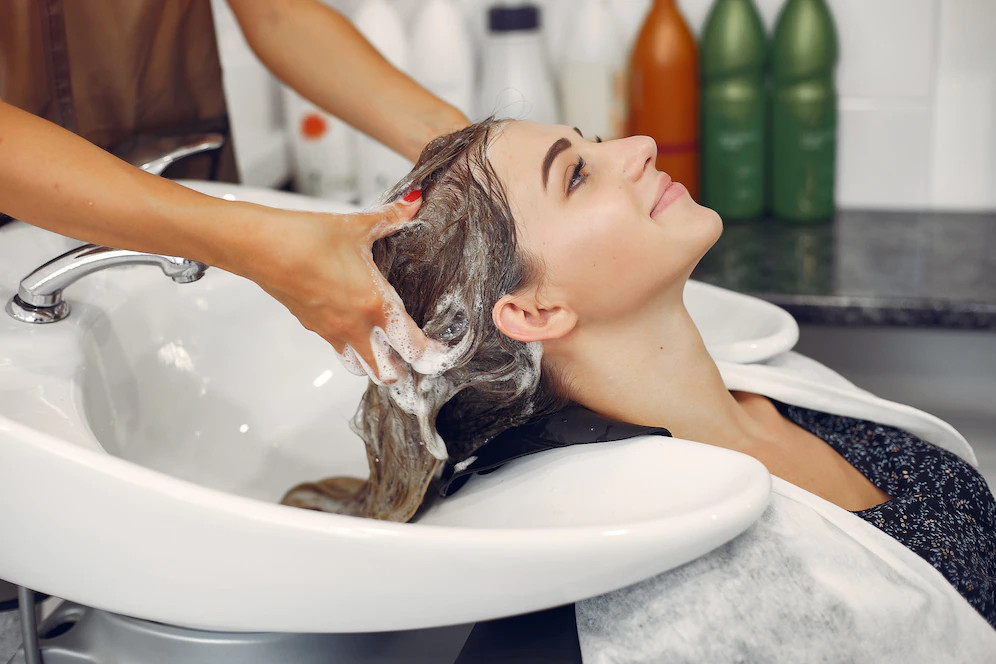You might already be familiar with the use of silicone in the world of beauty. Besides being known as a material for breast implants, silicone is also widely found in skincare products. What exactly is silicone, and what are the benefits and drawbacks for your skin? Check out the review below.
What is silicone?
According to Healthline, silicone is a semi-liquid compound derived from silica. Silica is a primary component of sand, but to become silicone, it undergoes significant chemical processes.
Silicone is renowned for its occlusive properties, which means it forms a good barrier on the skin or beneath it, resistant to water and air. In medical applications, silicone is commonly used to improve scarred or burned tissue because it uniquely heals and protects the skin while allowing the wound to breathe.
In burn wound care, the occlusive nature of silicone protects the wound from external interactions, ensuring it remains protected and continues healing effectively. Silicone also has a smooth texture that makes the skin appear fresh and smooth due to the protective layer it forms.
When used in skincare or cosmetic products, silicone often sparks debate due to its benefits and potential side effects. To identify if your product contains silicone, check for ingredients ending in "cone," such as:
- Dimethicone
- Cyclopentasiloxane
- Cyclomethicone
- Cetearyl methicone
The benefits of silicone in beauty products
The use of silicone in beauty products offers several benefits, including:
- Improving texture: Products containing silicone provide a fresh effect upon application, smoothing the skin's surface and reducing the appearance of fine lines and wrinkles.
- Locking in moisture: Silicone's occlusive nature helps lock in moisture. When applied to the skin, it binds water and creates a barrier that prevents transepidermal water loss.
- Healing wounds and reducing scars: Research indicates that silicone gel may be effective in wound healing and scar reduction, making it a preferred treatment among medical professionals.
- Blendability: Silicone, when combined with other skincare ingredients, can enhance product consistency, making it easy to apply to the skin. This versatility makes silicone a popular choice in skincare and cosmetics.
The risks of silicone in beauty products
Despite its benefits, the use of silicone in skincare products can be debated. While silicone in skincare or cosmetics is generally considered safe, there are some things to watch out for:
- Acne-triggering: Some individuals with sensitive skin or other skin issues may experience acne when using silicone-based products. Silicone can trap dirt and oil, potentially exacerbating acne
- Allergic reactions: In addition to acne, silicone use can trigger allergies characterized by itching, redness, warmth, and swelling. If you experience such reactions, it's advisable to discontinue use
- Impeding absorption: Silicone's occlusive properties can hinder the absorption of subsequent products into the deeper layers of the skin. As a result, products applied after silicone may not work effectively. This applies to both skincare and cosmetic products
Should you avoid silicone?
According to experts, silicone in cosmetics and skincare is relatively safe. It's not an active ingredient in beauty products, and the dosage is typically low, minimizing risks to the skin. However, individuals allergic to or sensitive to silicone should avoid such products. There are now a variety of silicone-free beauty products available to choose from.
If you have more questions about silicon and its effect on the skin, you can make use of the consultation features that are available in the Ai Care application by downloading the Ai Care application from the App Store or Play Store.
Looking for more tips and tricks for health, first aid, and other home treatments? Click here!
- dr Hanifa Rahma
- Sean Edbert Lim, MBBS
Yarbrough, J. (2020). 6 Reasons Why People Avoid Silicones in Skin Care. Available from: https://www.healthline.com/health/beauty-skin-care/silicones
Mclintock, K. (2022). Silicone in Skincare: A Complete Guide. Available from: https://www.byrdie.com/water-vs-silicone-based-skincare
De Pietro, M. (2022). What to know about using silicone for skin. Available from: https://www.medicalnewstoday.com/articles/silicone-for-skin











